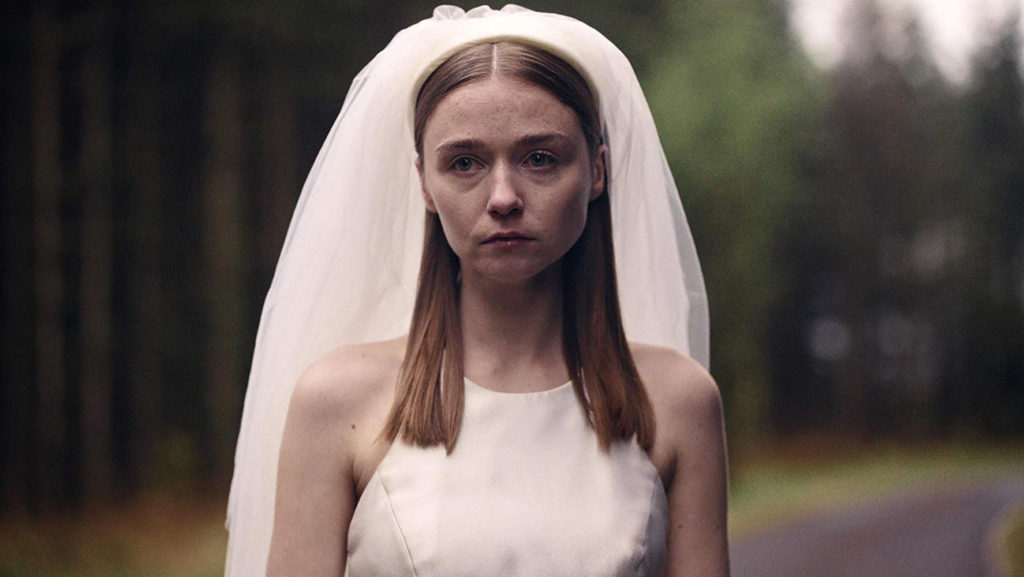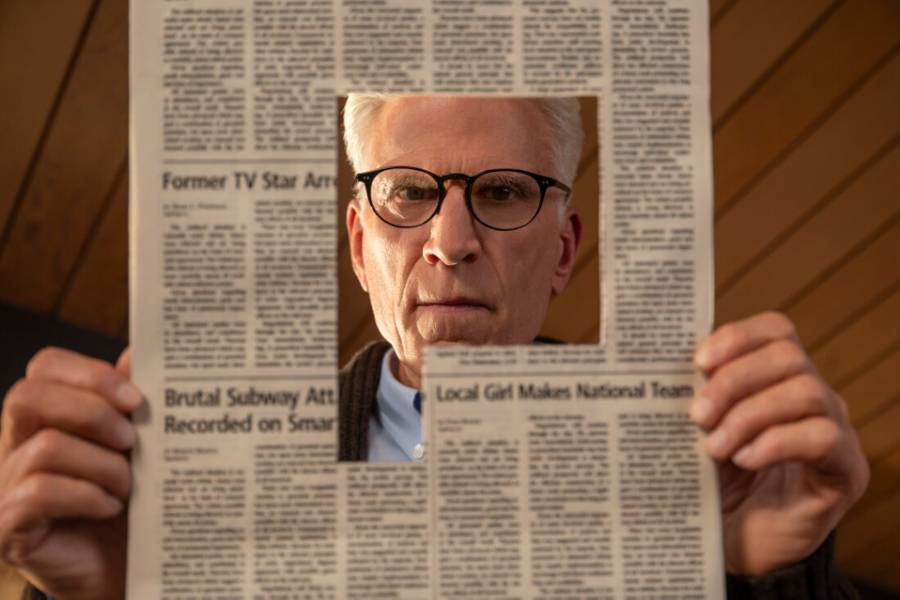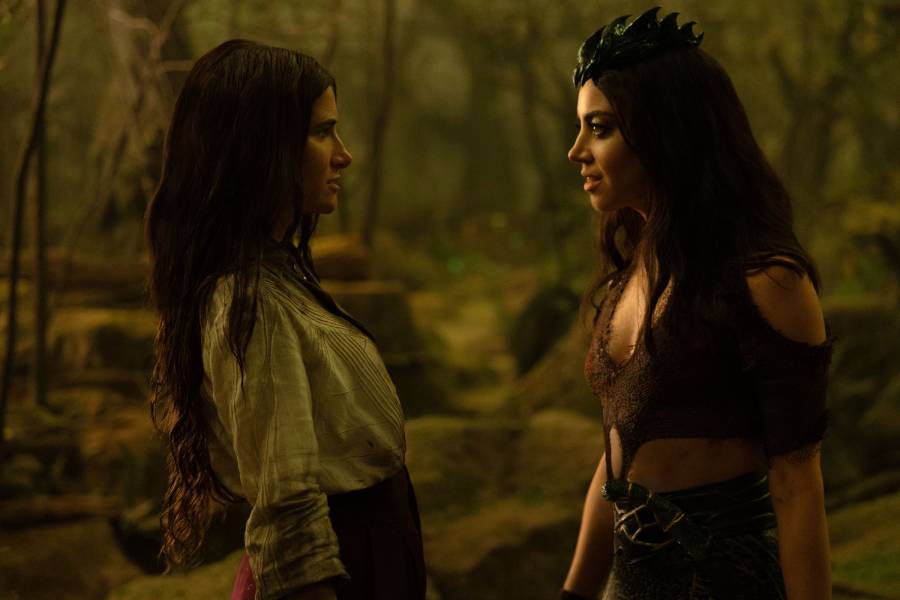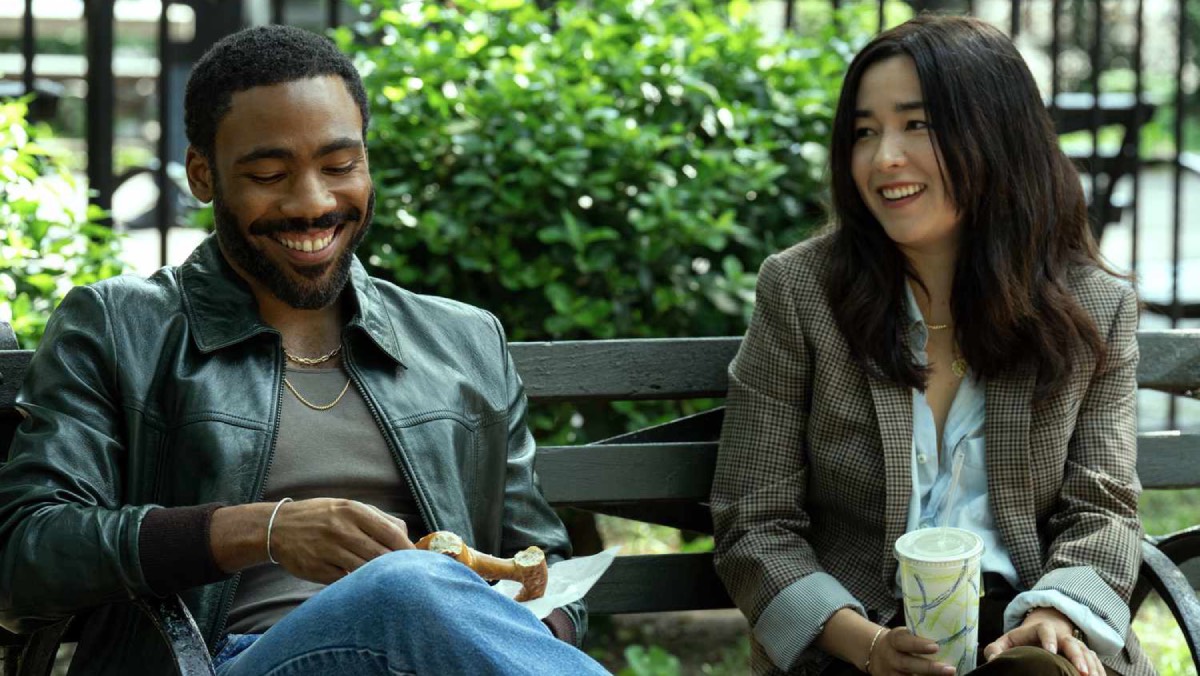Written by British actress Charlie Covell, “The End of the F***ing World” season one was an uncomplicated and charming look at the romance between two angsty teenagers. It was a season that, while containing an honest and realistic depiction of young people, was held back by the presence of voiceover narration and flashbacks. However, the first season was strong because it took two damaged teenagers on a road trip around central England, complete with a slash of murder.
The show returns two years later with antithetical strengths and weaknesses. This new season spices up its production quality with dynamic shot composition, straying away from the bland look of the first season. Disappointingly, this new addition comes at the price of the excessive presence of explanatory narration and flashbacks.
The tragic ending of the first season made a future for the show seem unnecessary, and this new season does nothing but affirm that. Fortunately, the first episode introduces Bonnie (Naomi Ackie), a new character to the show, who acts as the show’s energetic glue.
The second season begins with a flashback episode devoted to Bonnie, a disturbed young woman who is out for blood against the main characters, James (Alex Lawther) and Alyssa (Jessica Barden), after they killed her boyfriend in the previous season. Calm and collected while also falling apart, Bonnie is a character with a force that emphasizes James and Alyssa’s disorganization. James and Alyssa have been separated since the events of the last season. Alyssa is now engaged and James lives in his car.
Bonnie is one of the most memorable characters on the show. Although her traumatic past has made her a broken character, she is a good person at heart. Her hunt for vengeance on the unsuspecting James and Alyssa leads to an extremely tense season finale in a cafe, where her barriers of grief are finally broken.
Of course, Bonnie’s presence in the season is just a highlight, not nearly as crucial as the dynamic between James and Alyssa — the defining characteristic of the show. One of the most engaging elements of the unforgettable first season was how Alyssa and James walked the fine line of being hateful, unlikeable characters, while also being sweet and sappy lovers. Their opposing personalities created bittersweet yin-yang.
In this new season, that relationship is absent. With Alyssa and James having been separated for two years, there is a lot to unpack between them — deep conflicts and frustrations in their relationship. This dynamic could have been interesting to explore over the course of a season, but the fine line that the first season carefully walked with the characters has now been crossed. Alyssa has become unlikeable and rude, lacking the self-conscious humanity and disjointed cruelty that defined her as a teenager. Alyssa now serves only to worsen James’ state of emotional disparity — an irritating, dishonest approach to analyzing the isolation they have experienced.
Their relationship begs the question with the second season: Why even make eight more episodes of a TV show defined by its lead characters just to further distance them?




















